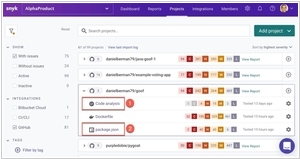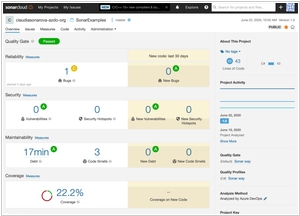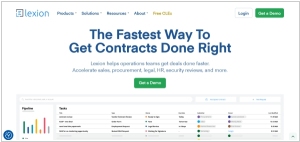Snyk vs Sonar
November 09, 2023 | Author: Michael Stromann
Snyk and Sonar are two distinct tools that play key roles in different aspects of the software development lifecycle, focusing on security and code quality, respectively. One of the primary differences lies in their primary objectives. Snyk is primarily known for its emphasis on identifying and remedying security vulnerabilities in open-source dependencies. It integrates seamlessly into the development workflow, offering real-time analysis and providing developers with actionable insights to fix security issues. On the other hand, Sonar is renowned for its focus on code quality and maintaining clean, maintainable code. It provides static code analysis, identifying code smells, bugs, and security vulnerabilities, but its broader scope includes enforcing coding standards and promoting best practices for overall code quality.
Integration and deployment models also distinguish Snyk and Sonar. Snyk often integrates early in the development process, offering developers the ability to scan and remediate vulnerabilities at the source. It's designed to be developer-friendly and integrates well with popular development tools and platforms. Sonar, on the other hand, typically integrates into the continuous integration/continuous deployment (CI/CD) pipeline. It operates on the principle of regularly analyzing code changes and providing feedback to the development team. This can contribute to a systematic improvement in code quality over time.
See also: Top 10 Application Security Software
Integration and deployment models also distinguish Snyk and Sonar. Snyk often integrates early in the development process, offering developers the ability to scan and remediate vulnerabilities at the source. It's designed to be developer-friendly and integrates well with popular development tools and platforms. Sonar, on the other hand, typically integrates into the continuous integration/continuous deployment (CI/CD) pipeline. It operates on the principle of regularly analyzing code changes and providing feedback to the development team. This can contribute to a systematic improvement in code quality over time.
See also: Top 10 Application Security Software




